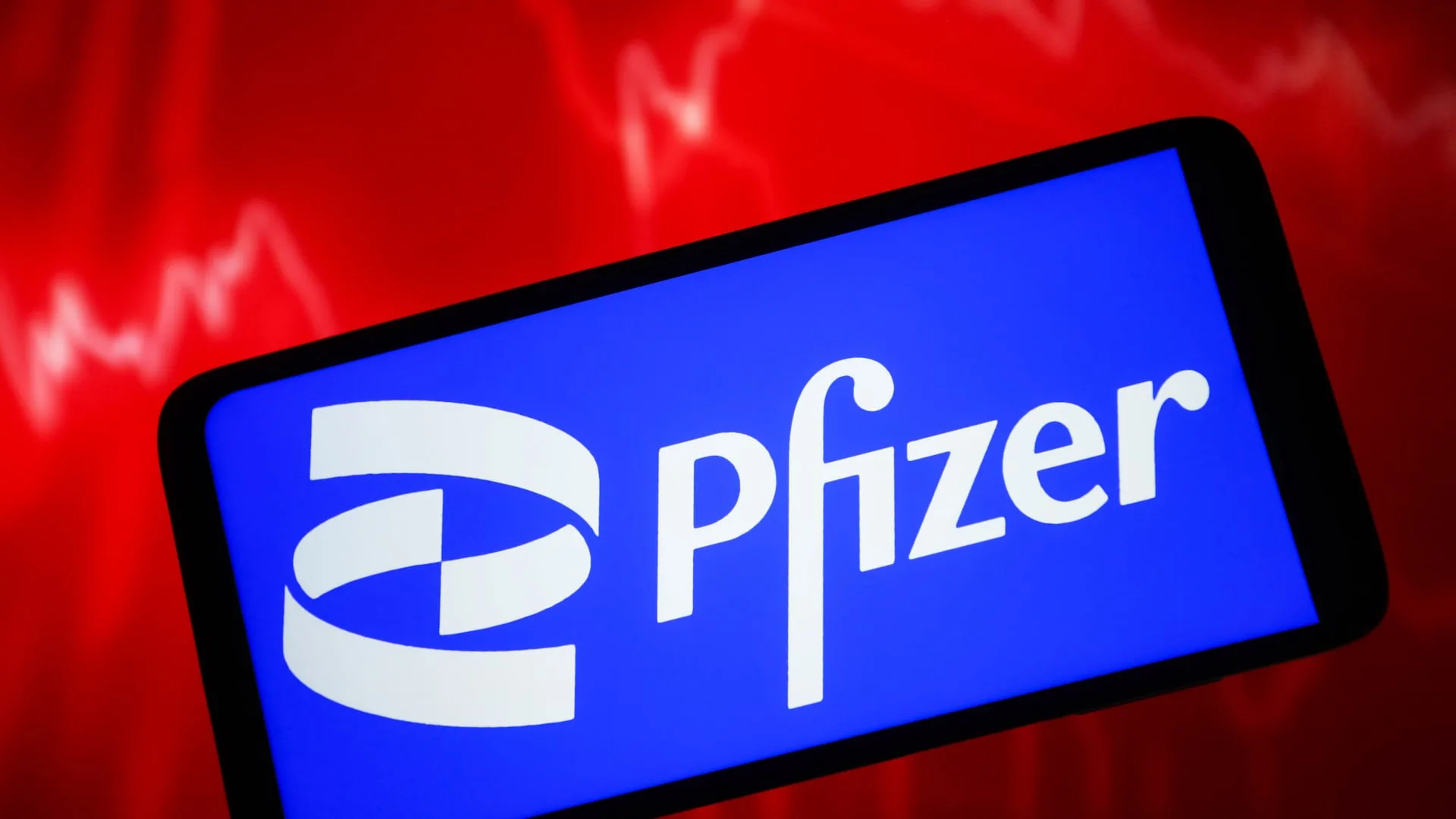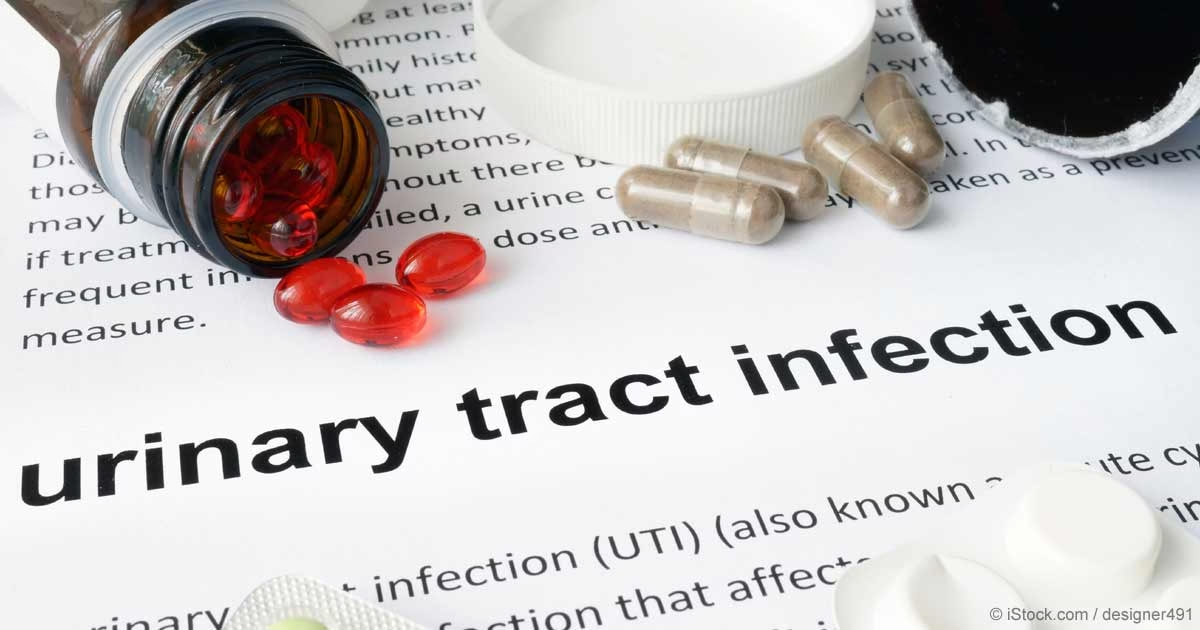On Friday, the US Food and Drug Administration (FDA) granted approval to Pfizer’s gene therapy for haemophilia B, marking a significant advancement in the treatment of this rare bleeding disorder. Haemophilia B, characterized by a deficiency in clotting factors, primarily affects males and often requires regular infusions of blood-clotting proteins.
Pfizer’s gene therapy, branded as Beqvez, offers a groundbreaking approach by stimulating the patient’s body to produce the necessary clotting factor IX (FIX) on its own. This one-time therapy eliminates the need for frequent intravenous infusions of FIX, providing a more convenient and potentially life-changing treatment option.
The therapy, set to be available by prescription to eligible patients this quarter, carries a list price of $3.5 million in the US, aligning with the price tag of CSL Ltd’s rival gene therapy, Hemgenix. While gene therapies are known for their high costs, the long-term efficacy of a single-dose treatment remains under scrutiny.
Despite the promising benefits of gene therapy, challenges such as cost, logistical concerns, and the possibility of future treatment advancements have hindered its widespread adoption for haemophilia. Nigel Key, director of the Haemophilia and Thrombosis Center at the University of North Carolina, highlighted the importance of patient satisfaction with current treatments and readiness to embrace new therapies.
Clinical trials have demonstrated the efficacy of Pfizer’s gene therapy, with a single dose proving as effective as standard protein infusions after one year of treatment. Moreover, the therapy led to complete elimination of bleeding in 60 percent of patients, compared to 29 percent who received infusions.
Pfizer intends to continue monitoring the long-term durability and safety of Beqvez over a 15-year period, ensuring ongoing assessment of its efficacy and safety profile.
Haemophilia B affects nearly four in every 100,000 males in the US, underscoring the importance of innovative treatment options for rare genetic disorders. With the FDA’s approval of Pfizer’s gene therapy, there is newfound hope for individuals living with haemophilia B to experience improved quality of life and reduced treatment burden.



